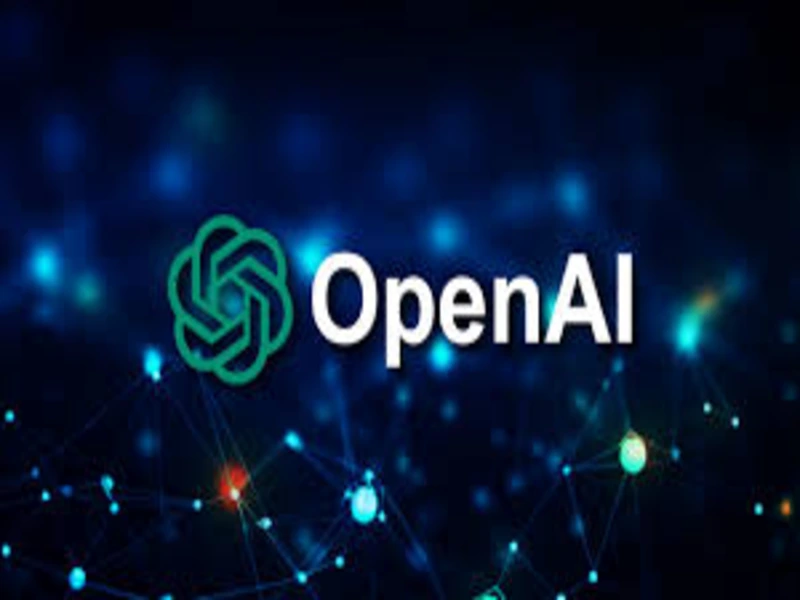- OpenAI says Robinhood tokens mentioned by ChatGPT are synthetic and do not represent actual equity ownership.
- The clarification follows false claims about HOOD tokens spreading on social media and within AI responses.
What happened: ChatGPT error leads to confusion over Robinhood tokens
OpenAI has issued a clarification stating that Robinhood’s HOOD tokens, which were referenced in responses by ChatGPT, are synthetic assets and not actual equity. The correction came after users flagged misinformation in AI-generated financial content that described the tokens as if they offered shareholders voting rights and ownership. In reality, the tokens are derivative products provided by certain cryptocurrency platforms, meant to mirror the price of the underlying stock.
The issue gained attention after Cointelegraph published an article showing how ChatGPT gave misleading answers suggesting that HOOD tokens were equivalent to Robinhood shares. An OpenAI spokesperson confirmed that the model had returned incorrect financial information, and that steps were being taken to reduce future instances of such errors. The company has not disclosed what specific updates or training data adjustments will be implemented, but acknowledged the risk of AI-generated misinformation in finance.
Also read: Understanding narrow AI: Is ChatGPT a good example?
Also read: OpenAI enhances ChatGPT features to challenge Google Search
Why it’s important
This incident raises broader questions about the reliability of AI-generated financial content, especially in areas like investing and trading. The confusion over HOOD tokens is not an isolated case. Other platforms have also seen similar issues, as synthetic stock tokens have become more widespread. These tokens, often found on decentralised exchanges, are designed to track share prices but do not grant actual shareholder rights. This distinction is critical, especially when AI tools present them as real equity.
The error highlights the growing need for transparency and fact-checking in AI-generated financial insights. While tools like ChatGPT can enhance financial literacy, they also pose risks if their outputs are assumed to be accurate. According to Cointelegraph, this case shows how misinformation can spread quickly through automated systems. Platforms like Robinhood have not issued statements on the matter, but regulatory bodies may soon need to review how synthetic tokens are described in public discourse, particularly when AI tools are involved.

